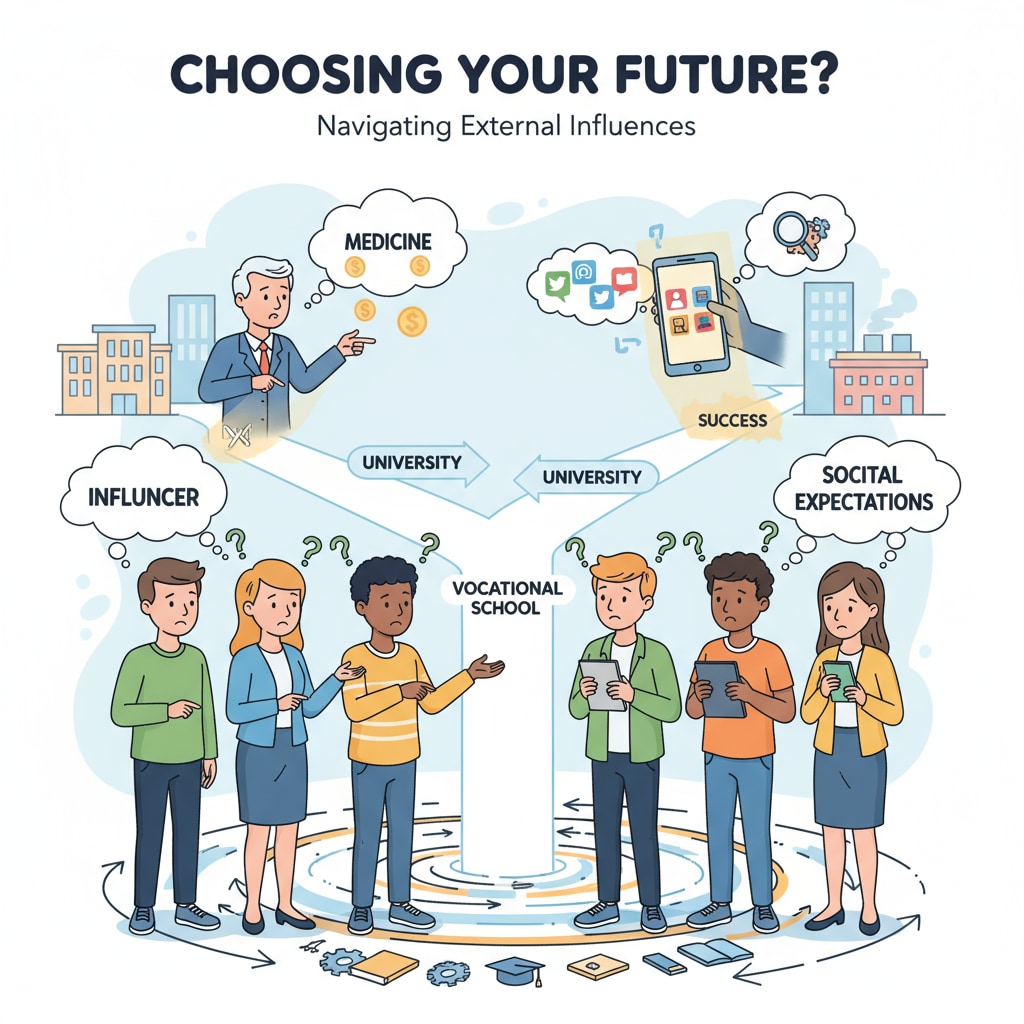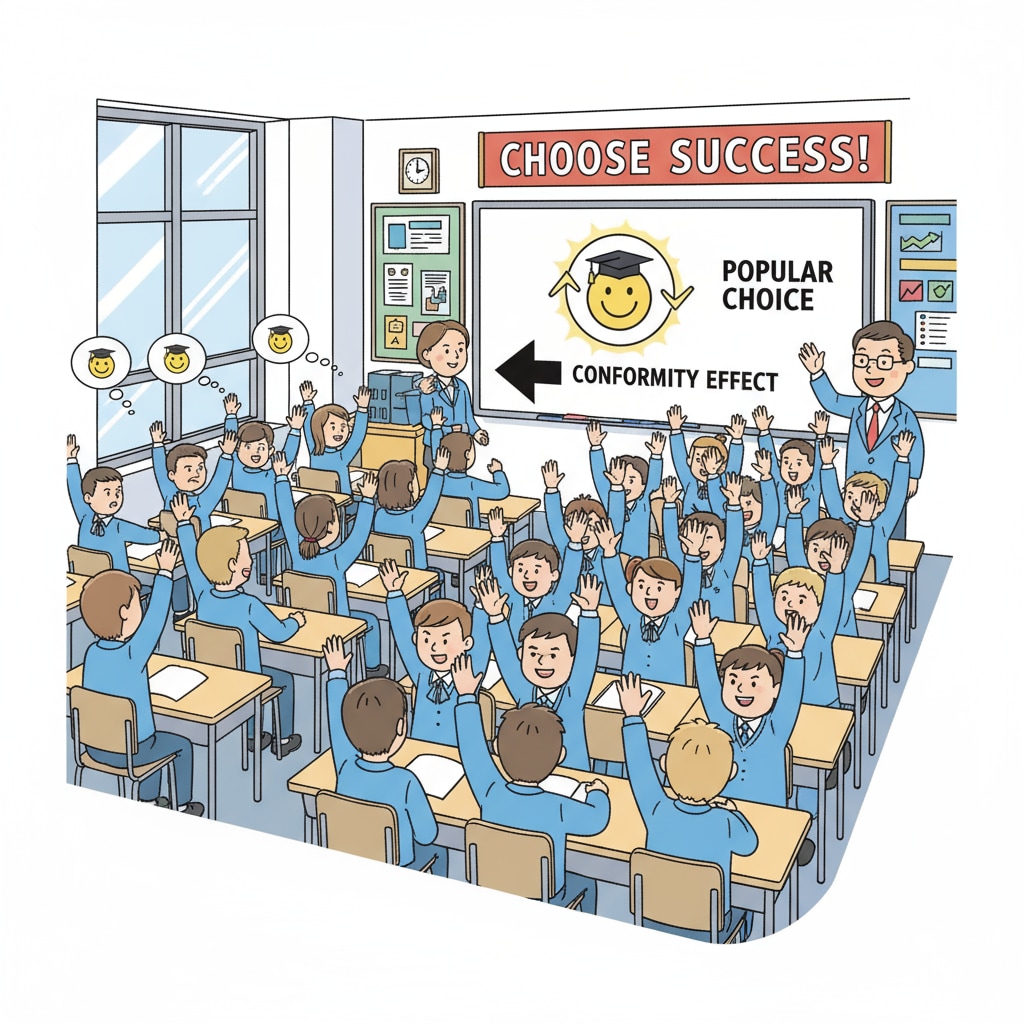Educational purpose, social pressure, and conformity psychology often lead to a concerning phenomenon in the field of education: the disconnection between students’ educational choices and their true life goals, especially during the K12 stage. In today’s society, students are constantly bombarded with various expectations and standards, which makes it difficult for them to stay true to their inner desires when making educational decisions.

The Impact of Social Pressure on Educational Choices
Social pressure plays a significant role in shaping students’ educational choices. Parents, teachers, and society at large often have predefined notions of what a “successful” educational path looks like. For example, getting into prestigious universities and choosing popular majors like medicine, law, or engineering is considered the norm. As a result, many students end up following these paths, even if they have little interest in these fields. This pressure can be overwhelming, pushing students to make choices that are not in line with their true passions and long-term goals.
The Role of Conformity Psychology in Education
Conformity psychology also contributes to this disconnection. Students, especially at a young age, tend to conform to the group. They see their peers making certain educational choices and feel pressured to follow suit. This herd mentality can prevent them from exploring their unique interests and talents. For instance, if most of their classmates are signing up for advanced math courses, they might do the same, regardless of whether they enjoy or are good at math. According to Conformity on Wikipedia, this psychological tendency can have a profound impact on individual decision-making.

The consequences of this disconnection are far-reaching. Students who are on an educational path that doesn’t resonate with their true selves may lack motivation and enthusiasm. They may perform poorly academically and experience high levels of stress and burnout. In the long run, this can lead to a sense of dissatisfaction and unfulfillment in their future careers.
To address this issue, parents, educators, and students themselves need to reflect on the true purpose of education. Education should not be solely about meeting external expectations but rather about helping students discover their passions, develop their skills, and pursue meaningful lives. By fostering an environment that encourages individuality and self-exploration, we can guide students towards making educational choices that are in line with their true life goals. As Education on Britannica states, a well-rounded education should focus on the holistic development of students.
Readability guidance: In this article, we have discussed how social pressure and conformity psychology affect students’ educational choices. The key is to recognize these influences and work towards a more student-centered approach. By doing so, we can bridge the gap between educational choices and students’ true life goals.


